Interview with Peter Borger, First ever Shanghai Chapter Chairman
How long have you been/have you spent in China?
I have worked and lived more than 30 years in 13 countries worldwide. But my 10 years in Shanghai made the strongest impression on me in my entire business life.
How did you first get involved in the European Chamber’s work and what were some of the main challenges then?
My good friend and colleague Ernst Behrens (then chair of the European Union Chamber of Commerce in China) asked me to become a candidate for the board of directors in Shanghai. Even though I was very busy in my business life, I followed his request and became a director of the European Chamber of Commerce. The main challenges were to regularly motivate the leaders of the European companies to contribute to our yearly white book about the challenges confronting European industry in China.
In its 20-year history, what would you say is the European Chamber’s biggest accomplishment?
I’m still proud that we can convince some European leaders to use our findings in their meetings with the Chinese Government.
In your view, what’s the difference of China’s business/regulatory environment in your industry today vs. 20 years ago?
The Chinese Government favoured local companies, as in many other countries. As the export market became very important for China, European industry insisted on free market access. In 2020, this issue is still not solved, as the Chinese Government now has more restrictions compared with 10 years ago.
How do you expect to see China’s business/regulatory environment to change in the next 20 years?
In a ‘totalitarian’ system, no major changes can be expected. Considering the importance of the export market for China, European industry must insist on free market access. Questions regarding Huawei [and national security] makes it difficult to reach a compromise on this issue. It will remain the main obstacle between China and Europe in the next decade.
What role do you expect the European Chamber to take in the next 20 years?
Monitoring and recording the difficulties European industry is facing in China. To be the mouthpiece of the European industry, since a single company is not in a position to act accordingly.
What value has the European Chamber brought to you/your company/your industry?
It’s hard to say exactly what added value a chamber of commerce can contribute to the success of a company or industry. I’m convinced that a common approach is more effective than a single company can achieve.
Do you remember the European Chamber’s first government meeting you attended, who it was with and how you were received?
As an honorary citizen of Shanghai, I had many opportunities to meet with government officials. As the representative of a major company in Shanghai, I could also use my contacts as the chair of the European Chamber of Commerce in Shanghai.
Do you feel that the Chinese authorities care about the Chamber’s messaging and recommendations?
The Chinese Government is supportive of the messages of the European Chamber if the messages are supported by the German or European Governments. The support of the European Ambassadors in China is essential in China.
As you reflect on your time in the Chamber over the past years, what comes to mind?
The lack of financial support from the European and Member States’ governments; the American Chamber could be an example for the European Union in this regard.
What is the best piece of advice you can give the European Chamber for the coming year?
Continue to support European companies in reaching an equal playing field in the Chinese market.
Peter Borger, First ever Shanghai Chapter Chairman
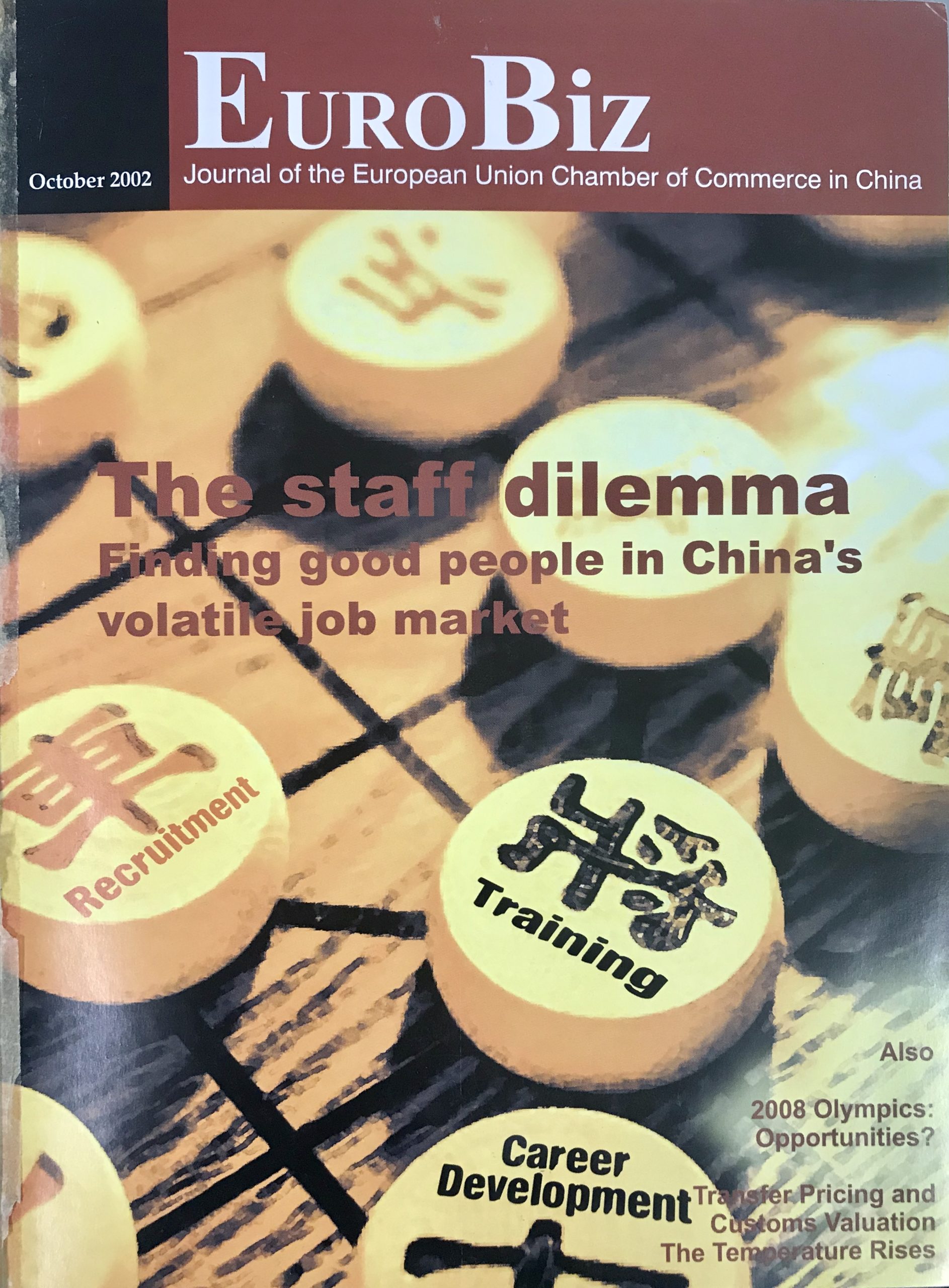
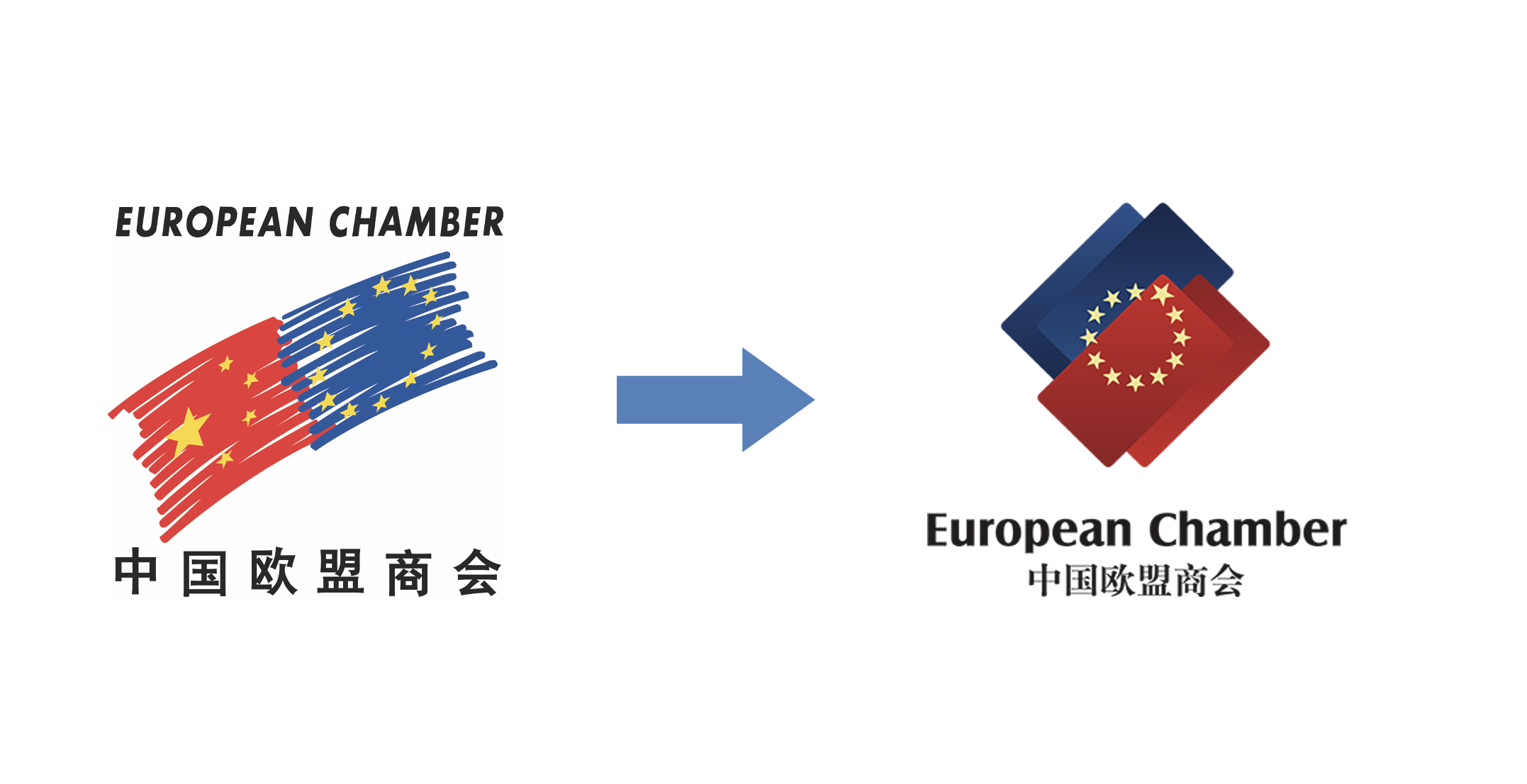
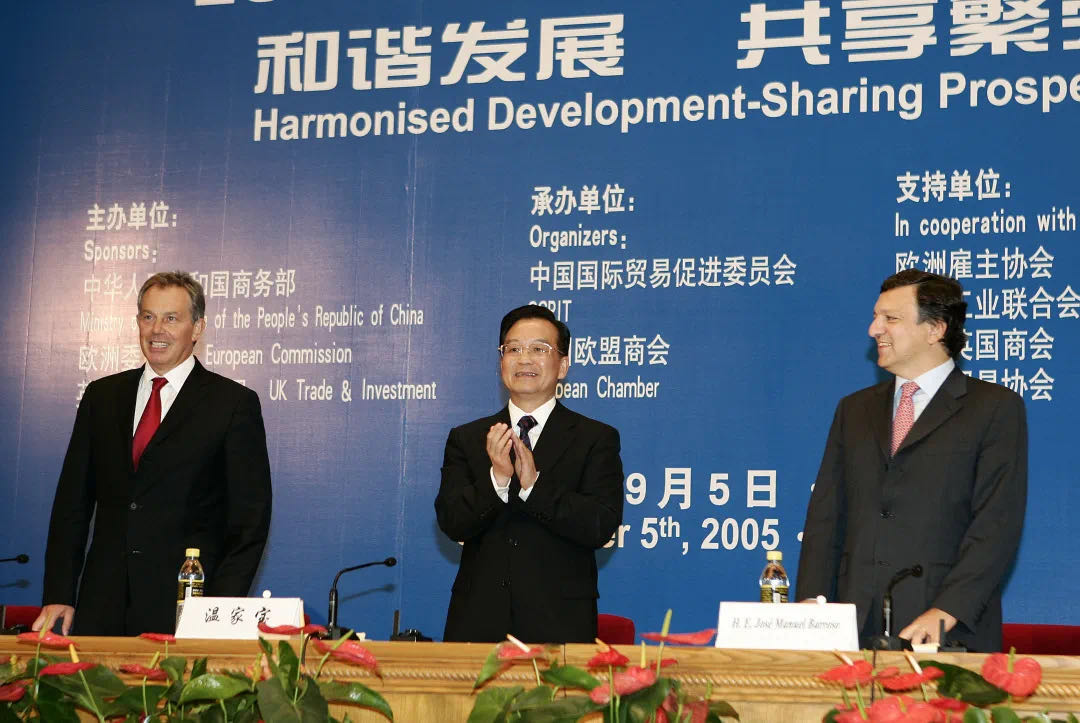
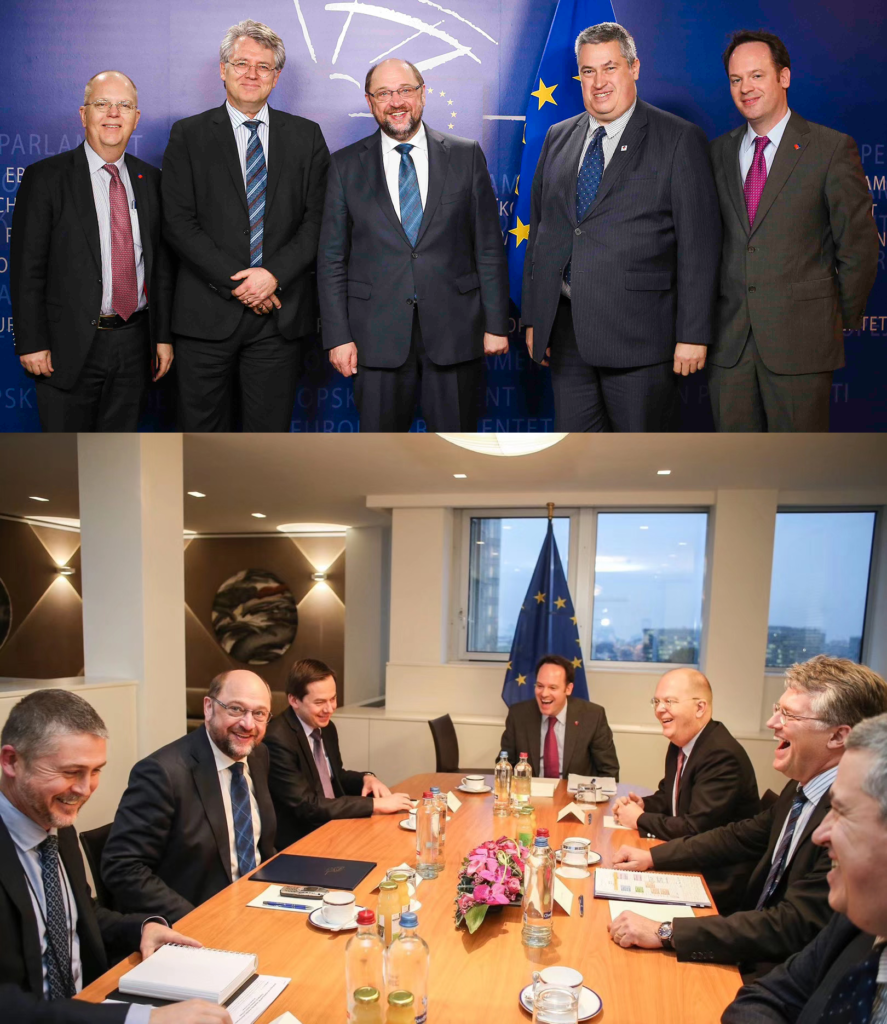

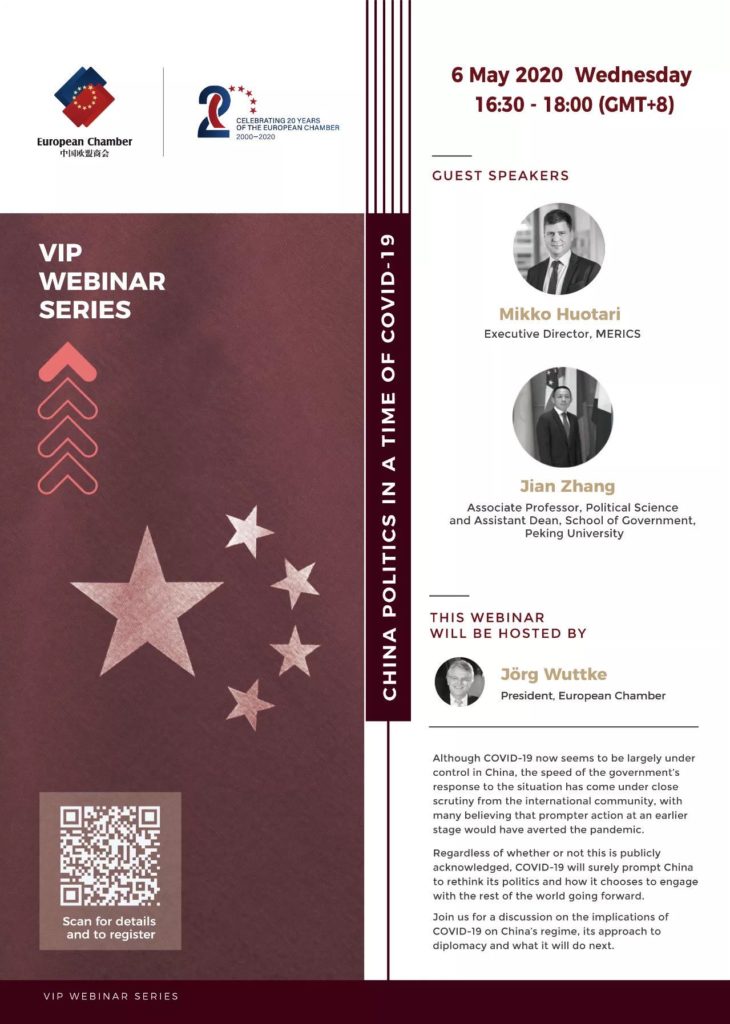
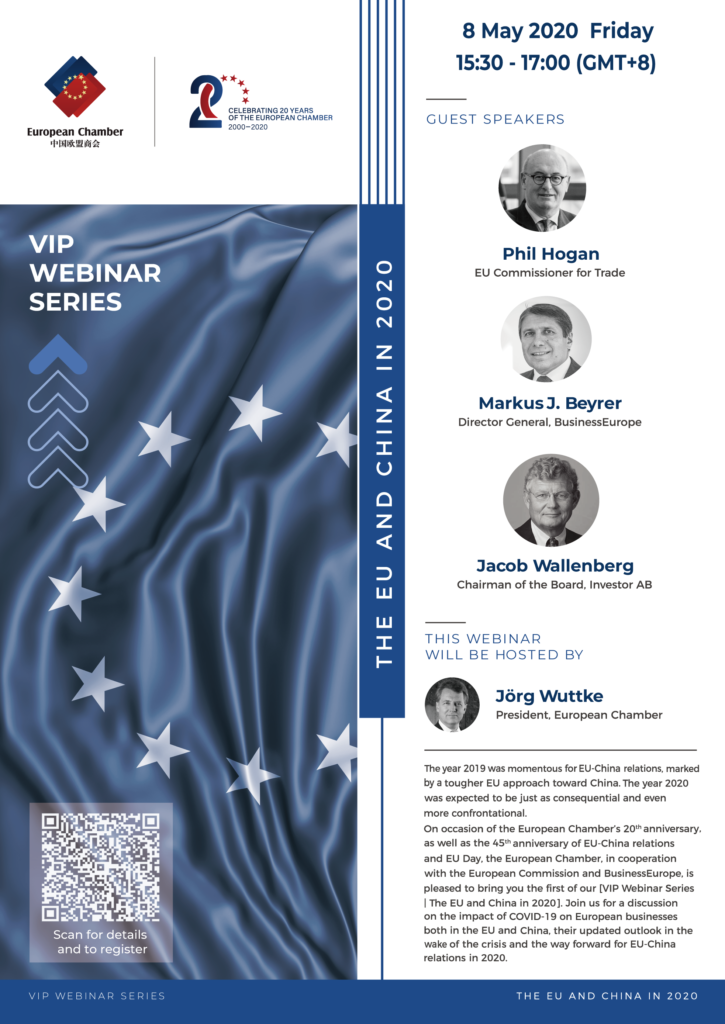
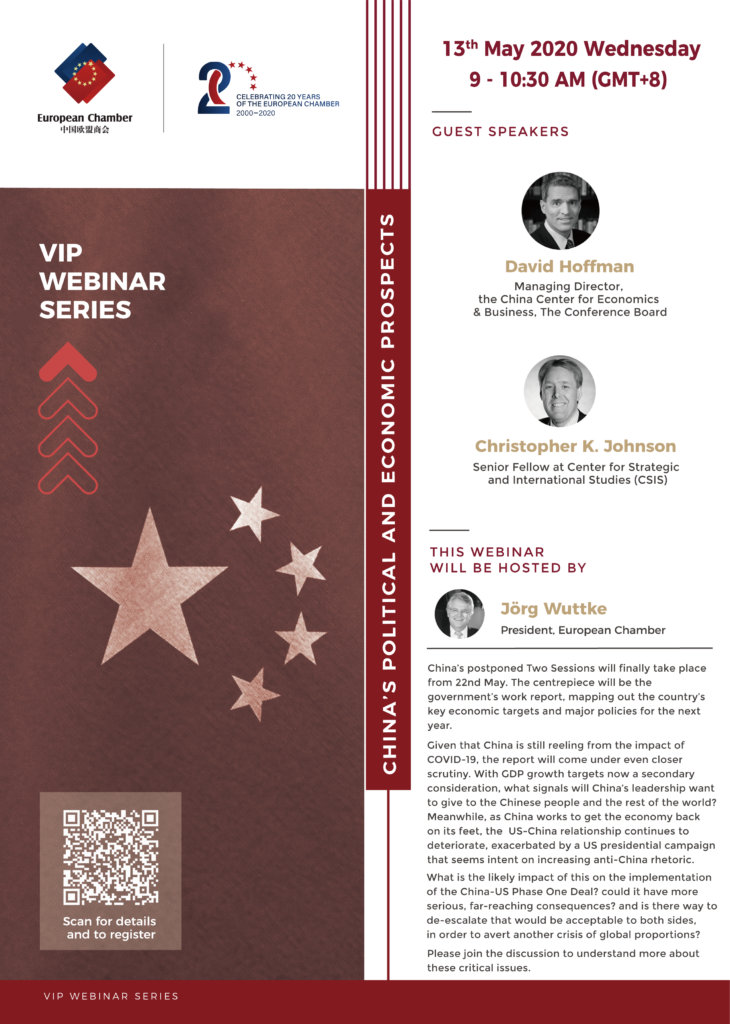
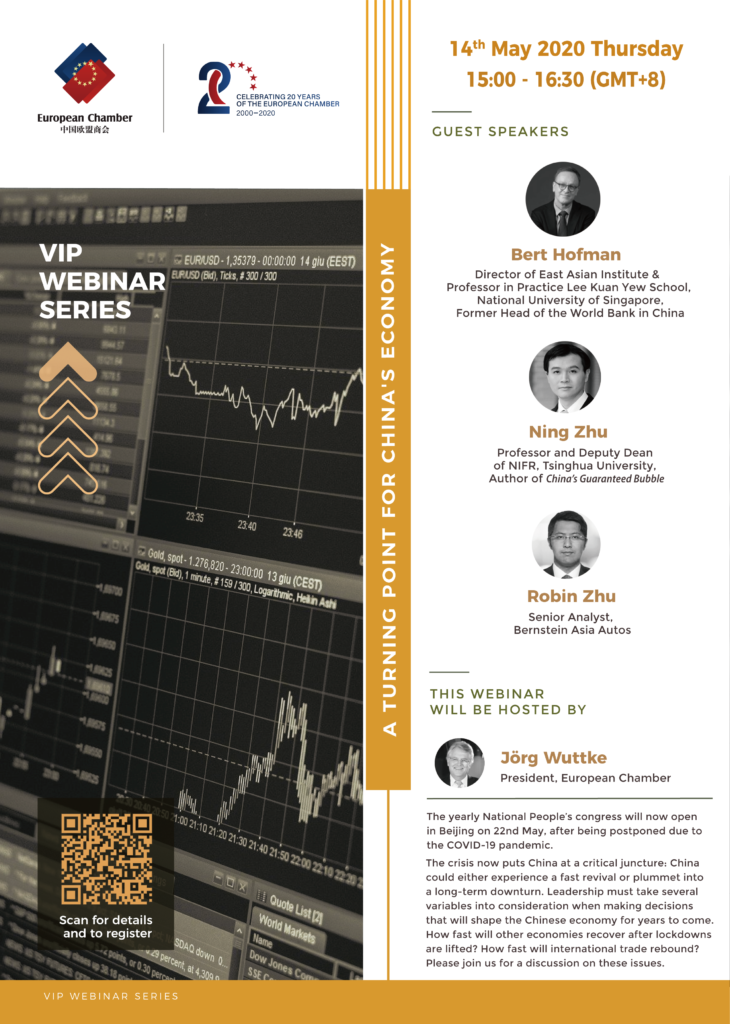

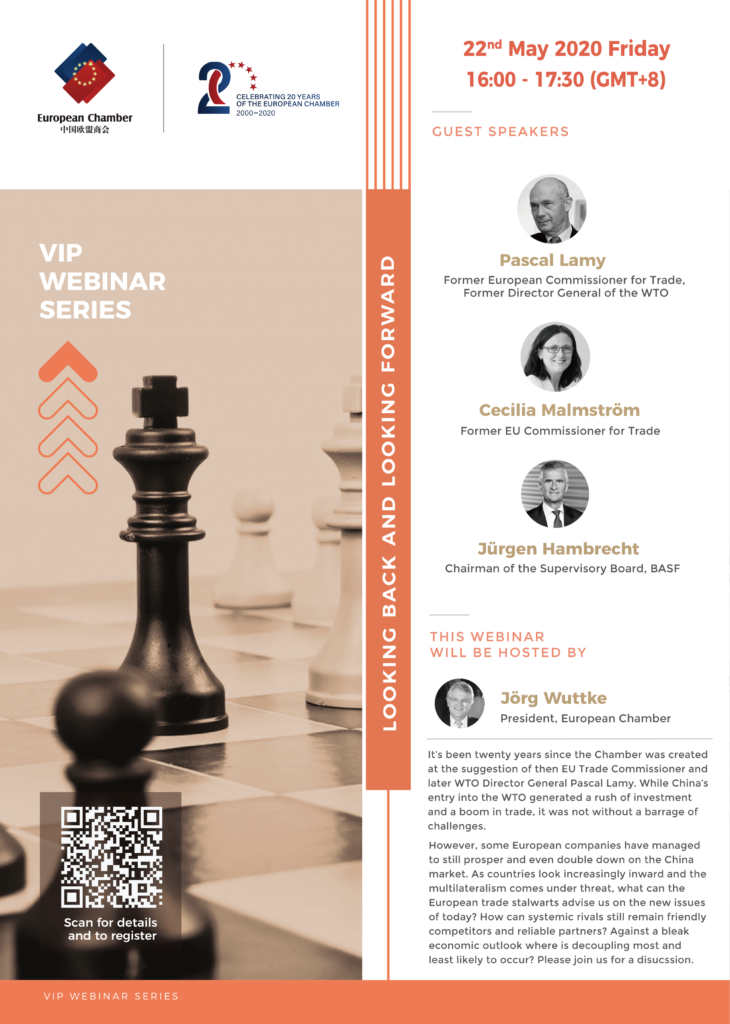


Leave a Reply